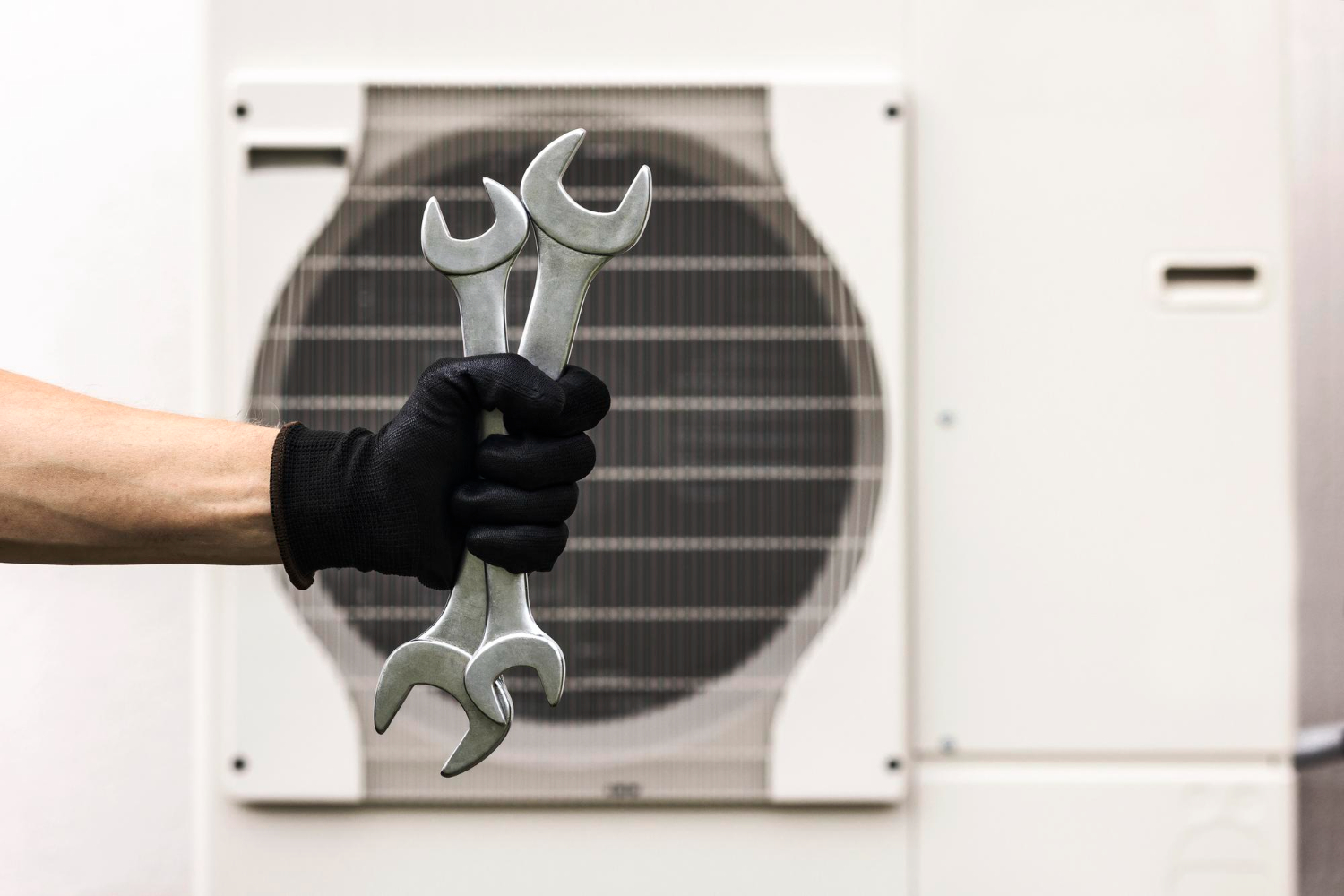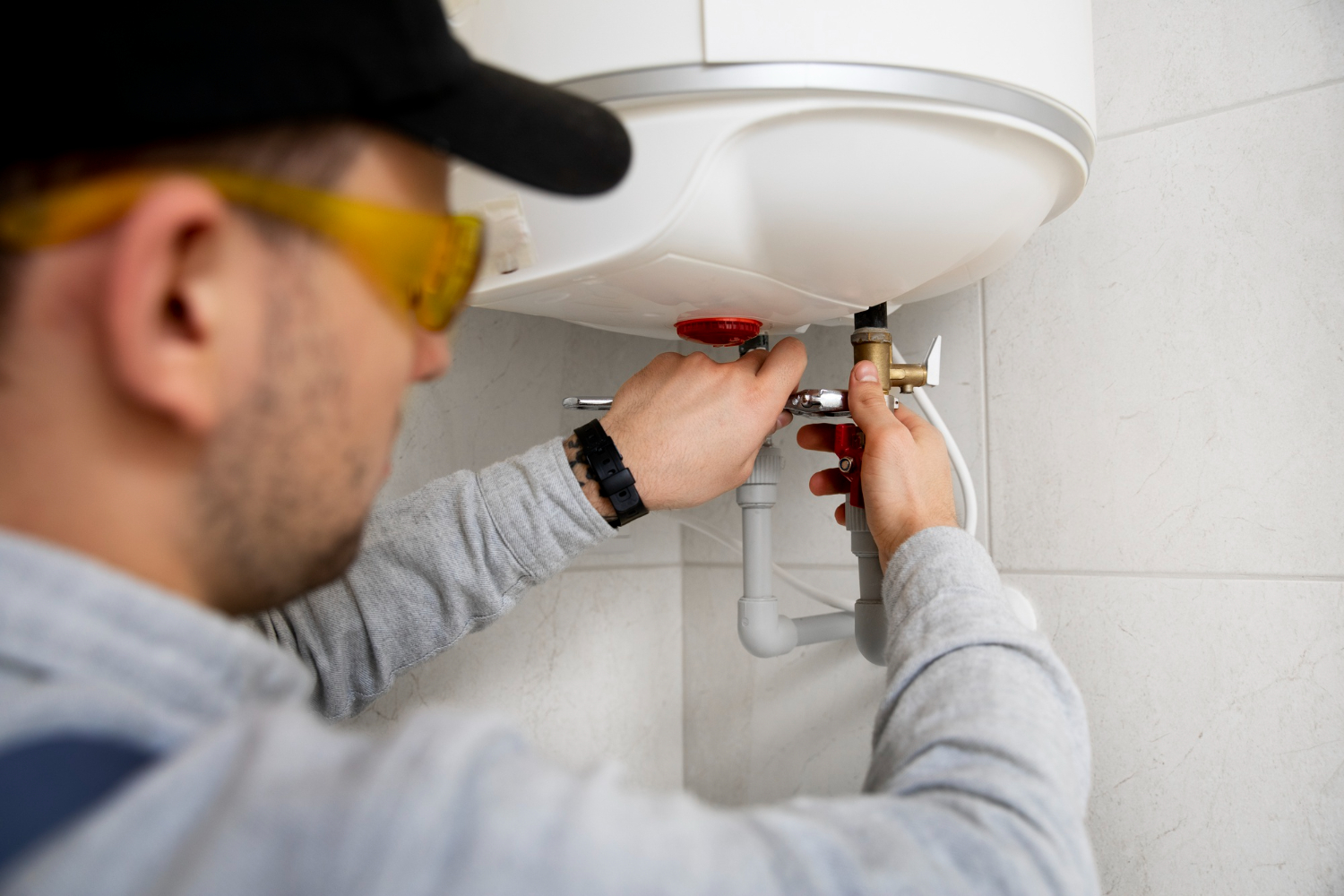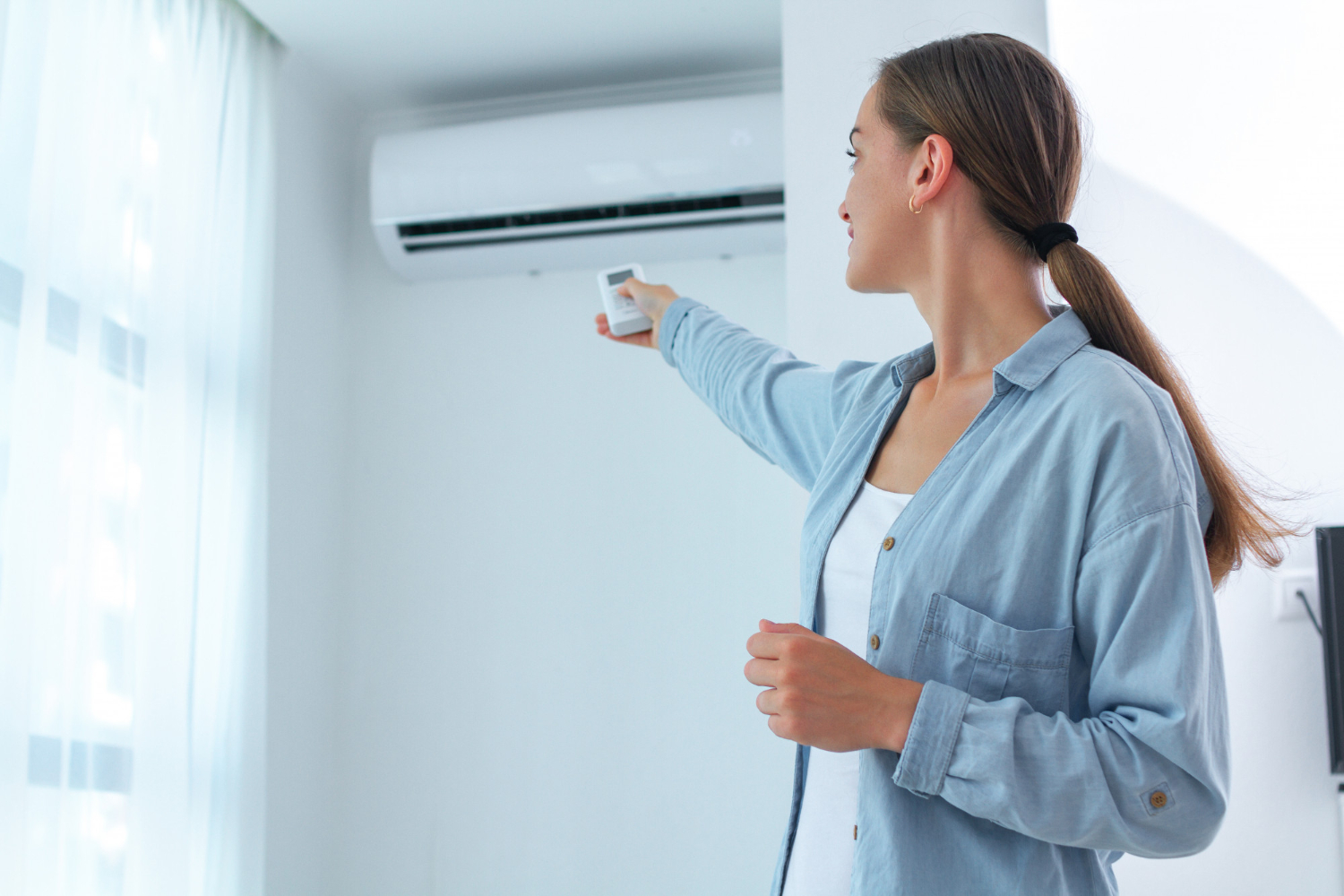Your heat pump is an essential part of your home’s air conditioning and heating system. It keeps your space comfortable year-round by efficiently regulating the temperature. However, like any other machinery, a heat pump can encounter issues over time. Recognizing the early signs of problems can save you from unexpected breakdowns and costly repairs.
Common Signs Your Heat Pump Needs Repair
Recognizing the signs that your heat pump needs repair can prevent minor issues from turning into more significant problems. Here are some common indicators that your heat pump may need attention:
1. Unusual Noises: If your heat pump is making strange noises, like grinding, squealing, or rattling, it could indicate a mechanical issue. Our professionals can pinpoint the source of these noises and resolve the problem.
2. Reduced Airflow: If you notice weak airflow from your vents, your heat pump may have a blockage or a failing compressor. Reduced airflow can affect the efficiency of your system and should be inspected promptly.
3. Inconsistent Temperatures: If certain rooms in your home are warmer or cooler than others, your heat pump might be struggling. This issue could stem from a malfunctioning thermostat, an uneven refrigerant level, or other system failures.
4. Frequent Cycling: If your heat pump turns on and off frequently, it could indicate a problem with the thermostat or other internal components. Frequent cycling not only reduces efficiency but can also cause wear and tear on the system.
5. Higher Energy Bills: A sudden increase in your energy bills can signify that your heat pump is working harder to maintain the desired temperature. This can be due to several issues, including dirty filters, low refrigerant, or other inefficiencies.
Diagnosing Heat Pump Issues
Identifying the root cause of heat pump problems requires a thorough diagnostic process. Our technicians follow a systematic approach to determine what’s wrong with your system:
1. Initial Inspection: We start with a visual inspection of the heat pump, checking for obvious signs of damage or wear. This step includes examining the outdoor unit, indoor unit, and ductwork for any visible issues.
2. Listening for Noises: Our technicians listen to the system while it’s running. Unusual noises can provide clues about specific mechanical problems, such as loose parts or failing motors.
3. Checking the Thermostat: We verify if the thermostat is working correctly. This involves checking the settings and ensuring that it communicates effectively with the heat pump. A malfunctioning thermostat can lead to inconsistent temperatures and frequent cycling.
4. Measuring Airflow and Refrigerant Levels: Proper airflow and adequate refrigerant levels are crucial for efficient operation. Our professionals measure these parameters to identify blockages or leaks that might be affecting performance.
5. Testing Electrical Components: We inspect the electrical connections and components, such as capacitors and relays. Electrical issues can cause the heat pump to malfunction or not operate at all. Ensuring all connections are secure and components are functioning correctly is vital.
How Our Professionals Fix Heat Pump Problems
Once we have diagnosed the issues with your heat pump, our professionals get to work on repairing the system. We follow a structured approach to ensure effective and lasting repairs. Here’s an overview of how we fix common heat pump problems:
1. Mechanical Repairs: For issues like unusual noises or worn-out parts, we replace or repair the affected components. Whether it’s a loose fan blade, a failing compressor, or damaged bearings, our technicians have the expertise to handle all mechanical repairs.
2. Airflow Enhancements: If there are airflow problems, we check and clean the filters, ducts, and vents to remove any blockages. We also inspect the blower motor to ensure it’s functioning correctly. Addressing these issues can significantly improve the system’s efficiency.
3. Thermostat Calibration and Replacement: Inconsistent temperatures often point to thermostat issues. We recalibrate the thermostat to ensure accurate temperature readings and, if necessary, replace it with a more reliable model. A properly functioning thermostat is crucial for the overall performance of your system.
4. Refrigerant Leak Repairs: Low refrigerant levels are a common problem. We locate and seal any leaks in the refrigerant lines and refill the system to the correct levels. This step is essential for maintaining the cooling and heating efficiency of your pump.
5. Electrical Component Fixes: Electrical issues are carefully addressed by our technicians. We inspect all wiring, capacitors, and relays, replacing or repairing any faulty components. Proper electrical connections are vital for the safe and efficient operation of your heat pump.
Preventative Measures to Avoid Future Issues
To keep your heat pump running smoothly and avoid future problems, it’s essential to follow a series of preventative measures. Here are some steps to take:
1. Regular Maintenance: Schedule regular maintenance checks with our professionals. Regular inspections help identify and resolve minor issues before they escalate. Regular maintenance can extend the lifespan of your system and maintain its efficiency.
2. Filter Replacement: Make it a habit to check and replace air filters every one to three months. Clean filters ensure proper airflow and reduce the strain on your system. This simple step can prevent many common issues and keep your system running efficiently.
3. Clear the Outdoor Unit: Keep the area around the outdoor unit free from debris, leaves, and snow. Ensure that there’s enough clearance for proper airflow. Regularly inspect and clean the unit to prevent blockages and potential damage.
4. Monitor System Performance: Pay attention to how your heat pump operates. If you notice any unusual noises, reduced efficiency, or changes in performance, contact our professionals right away. Early detection can prevent costly repairs in the future.
5. Thermostat Management: Use a programmable thermostat to manage your home’s temperature more effectively. Setting your thermostat to adjust temperatures based on your schedule can reduce unnecessary strain on your heat pump.
Conclusion
A well-maintained heat pump is essential for your home’s comfort and efficiency. Recognizing the signs that your heat pump needs repair and taking proactive steps can prevent costly breakdowns and extend the life of your system. Regular maintenance, timely repairs, and proper care are vital for keeping your heat pump in optimal condition.
Contact Neil Thomas Plumbing & Heating today for expert heat pump repair in Galesburg Let us help you maintain a reliable and efficient heating and cooling system for your home!


